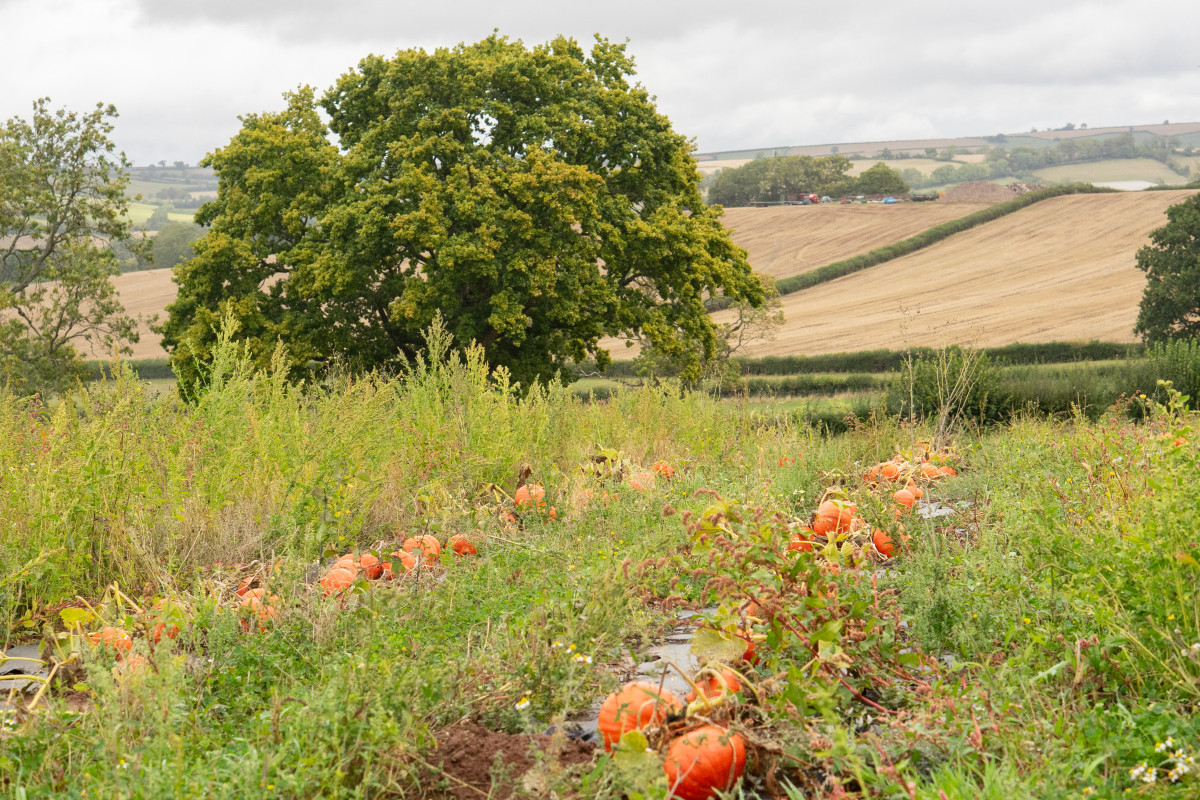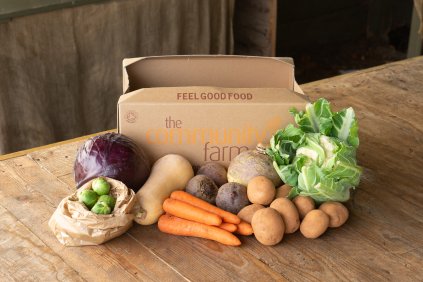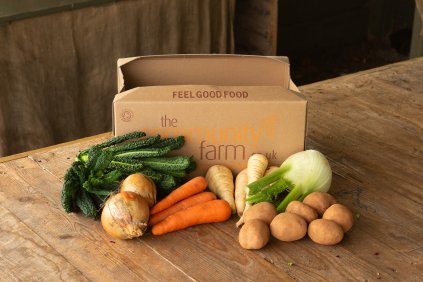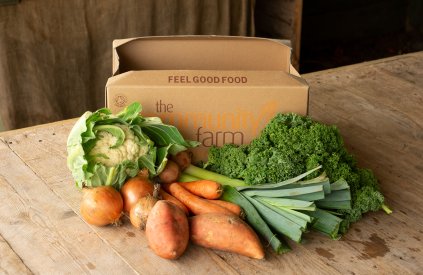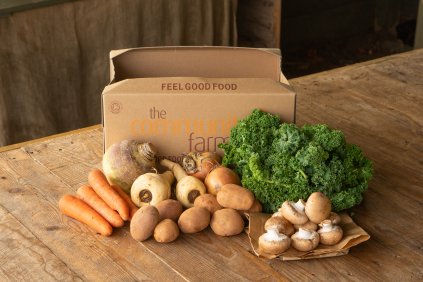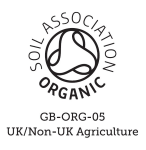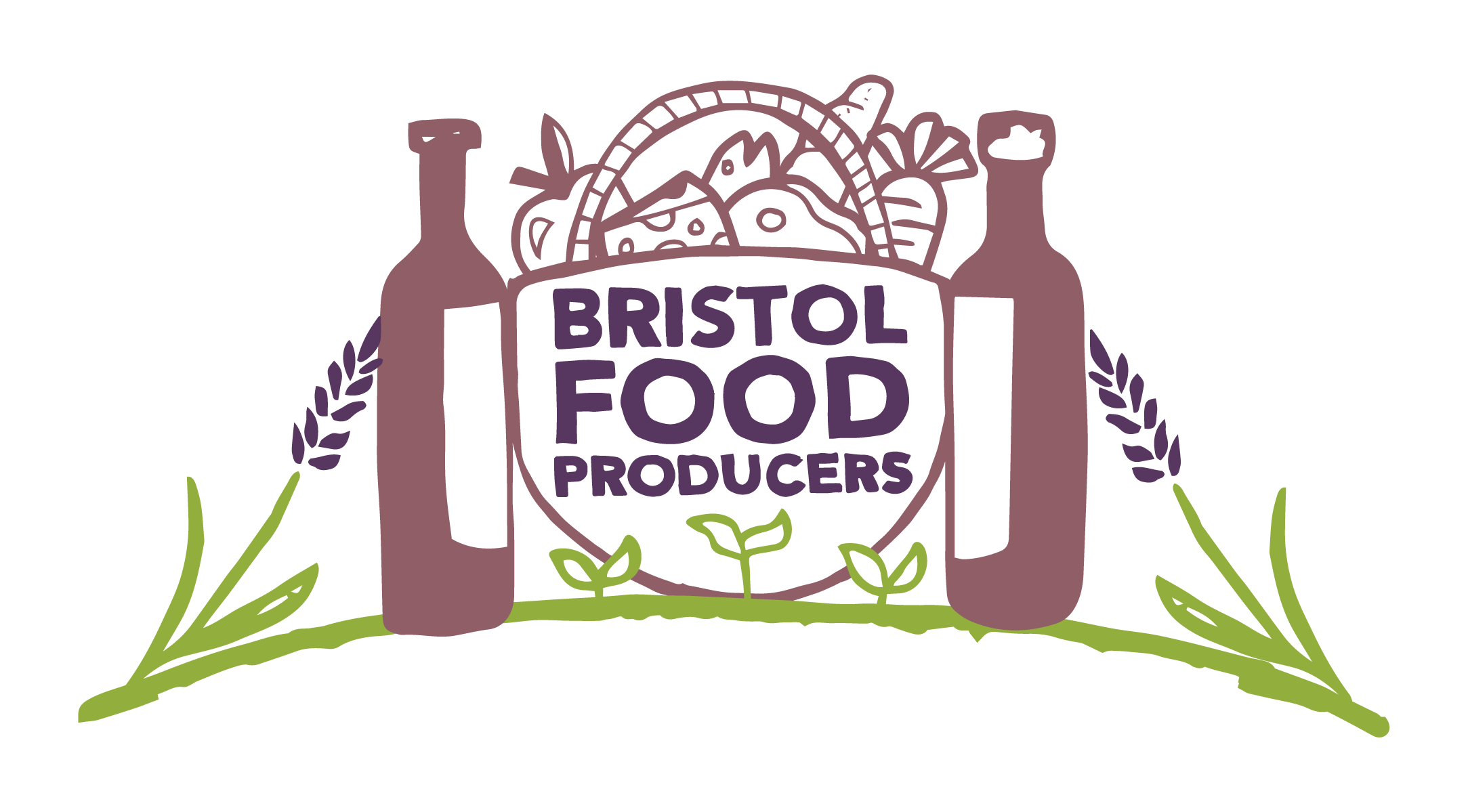Our grower, Andy Dibben, provides an insight into life on the farm, the successes and the challenges faced since April 2011.
It has been a very exciting and productive first growing season for The Community Farm, with plenty of ups and downs to bring both smiles and grimaces upon the faces of those who work in the fields here at Denny Lane. So we would like to give you an insight into how things panned out over the year and what we have achieved with your support.
Well the growing season started well before the official handover day in April. The very hard winter broke early into spring this year allowing us to get out on the fields in mid February to start preparing the ground for our first crops, which were to be broad beans, some of which we sent out with the investment offer asking people to come and join us in a symbolic first seed sowing session. These got off to a good start despite the best efforts of a digger driver who buried them under six foot of soil (which he then skilfully removed). We also started propagating our first salad seedlings for planting out. The tractor was making good use of the unseasonably dry weather preparing areas for new potatoes, carrots and onions.
Into mid March and the weather started to really warm up allowing us to get our new potatoes planted nice and early after an epic effort by many volunteers to keep the dreaded couch grass out of the field. However our onion sets arrived quite late resulting in a mad rush to plant them, again our volunteer force were vital in achieving this. Towards the end of March we got the first of our carrot sowings and cabbage plantings in and by now the propagation tunnel was bursting with salad plants ready to go into our big polytunnels.
April showers seemed an abstract concept as we experienced a drought throughout this month, seeing us scrabble to install some kind of irrigation set up as we were caught on the hop switching between an old and new system. We were busy planting lots of lettuce, cabbage, broccoli, chard, fennel, parsley and salad leaf. Keeping all suitably watered was a constant challenge. However it was great weather for killing all the weeds around the farm as we prepared all the different growing areas for the season ahead. We planted all our cucumbers, squash and courgettes in pots in the propagation tunnel.
May is always a crazy time in any veg operation with constant sowing of seed, planting out of young plants, tending of older plants and preparing ground. As the rain finally came, bringing a great sense of relief to all, the weeds took no time at all in making up for lost growing time caused by lack of water. May is always a month with a lot of hand weeding needed, especially on young carrot sowings.
Carrot weeding is the ultimate lesson in why organic veg can be more expensive to produce than chemically assisted vegetables. One application of a herbicide takes 1 man about about 30 mins to apply to half an acre. The equivalent area probably takes one man about 2 days to hand weed. However in return we get to enjoy an environment rich in ecological diversity.
Anyway I digress. Beetroot, celery, celeriac, sprouts, spinach, spring onions, main crop carrots, main crop parsnips all planted in the fields and various beans and sweetcorn were taking up all available space in the propagation tunnel. The large polytunnels were planted up with our cucumber and tomato crops. Volunteers putting great work into keeping weeds at bay.
June sees the first serious harvests start to happen with lettuce, spinach, chard, salad leaf, beetroot, broad beans, new potatoes. First harvests all came in looking really good with high yields and high quality especially the new potatoes which had a bumper year. However the tastiness of these crops was not lost on the local wildlife especially the deer and pigeons who caused a lot of damage to lettuces, broad beans and early brassicas. This meant we had to cover a lot of crops in a protective mesh. We would rather not have to do this as it is not the most attractive of things to have all over such a beautiful farm especially when we are trying to persuade people to come and enjoy the space we have, however without it we would lose entire crops. A lot of time is spent in the polytunnels in June pruning and training the tomatoes and cucumbers as they furiously put on new growth. Sweetcorn and runner beans get planted out but both were slow to get going as we experienced a wet, windy and cool spell.
This cooler weather continued into July, however a fortunate succession of rain and sun kept most of the crops happy enough to keep going, if a little slowly, and the lack of any serious sunshine made killing weeds harder. We harvested some fantastic fennel and kohl rabi during this period as well as spring onions, broccoli, summer cabbage and French beans in the polytunnel. Despite initial fears, our onion crop seemed to finally start reaching a decent size. During July the emphasis starts to switch from planting and tending to tending and harvesting which is always a good feeling as we start to see the fruits of our labour.
However August arrived and, as always, it is a frustrating month as we have some of the best range of crops on offer in this month, but sales always plummet in August as the school holidays see people cancel boxes as they go off on their holidays. Also a lot of staff and volunteers take time off now as well. Slightly fortuitously the crops took a bit of a dip in this month meaning we did not struggle to shift what we had. The biggest disaster of the season struck this month as well when we saw tomato blight, a fungal disease, rip through our polytunnel crop just as we were about to start harvesting it. Within two weeks we had lost all the tomatoes leaving us with a crop of unripe tomatoes to shift, good only for Chutney making. A lot of man hours go into this crop so to lose them before harvesting is very costly, but not that uncommon. We did, however, manage to link up with Country Markets who produced lots of jars of chutney for us and sold them at the Harvest Festival in September.
September was undoubtedly the most manic month of the year, with the biggest harvests of the year seeing the organic veg boxes being filled almost solely with crops from the field, which is great as sales always pick back up at this point with schools going back and a lot of publicity being carried out at all the various Harvest festivals in the area. We had our first A.G.M. which required a lot of preparation from all at the farm and was greatly helped by a last minute call out for volunteer help which saw fifteen people come out to the field at very short notice in order to assist with a big tidy up. We harvested all our onions, and started harvesting large amounts of carrots in this month as well. Had some great French bean harvests, huge beetroots, lettuce, cauliflowers, broccoli, cabbages, cucumbers and mixed leaf all did really well in September as well.
October sees us frantically cropping still with the ever approaching spectre of frost in the back of everyone’s mind. Almost all the maincrop potatoes have been harvested and brought into store with some gigantic baking potatoes among them, some even getting up to 1.75 kilos a piece. The Squash Harvest day brought in 20 volunteers who harvested an incredible 6 tonnes of squash just in time before the first frosts struck. Celeriac and parsnips are just about coming up to size, not the largest of crops but still tasting great.
So by no means the end of the season we still have the traditional arctic brussel sprout harvest to look forward to (brrrrrrrrrr!). All in all a good first season, plenty to improve on for next year but lots of success too. It just leaves us to thank our fantastic volunteers who have been an absolutely vital part of our workforce and without whom none of the above would have been possible. Hope you have all been enjoying the produce and look forward to seeing you in the field soon.
Approximate Crop Yields to date (November 2011)
Broccoli – 1 tonne
Cauliflower – 1 tonne
1,500 Kohl Rabi
Purple Sprouting Broccoli – 250 kg
700 Red Cabbages
1,000 White Cabbages
Curly Kale – 100kg
Cavelo Nero – 150kg
Onions – 600kg
400 bunches of Spring Onions
2,000 Lettuces
Mixed Leaf – 120 kg
New Potatoes - 10 tonnes
Maincrop potatoes – 10 tonnes
Runner Beans – 40 kg
French Beans 60kg
Broad Beans – 50kg
Spinach – 200 kg
Chard – 200kg
1,500 Fennel
Beetroot – 400kg
1,800 Cucumbers
Leeks - 200 kg
1,000 Sweetcorn
Carrots – 1.5 tonnes
Squash - 6 tonnes
Join one of our events this year!Find out what's on
About Us
- Home
- About Us
- News from The Farm
- From seed to harvest - 6 months in the life of the Farm

Search
From seed to harvest - 6 months in the life of the Farm
- Details
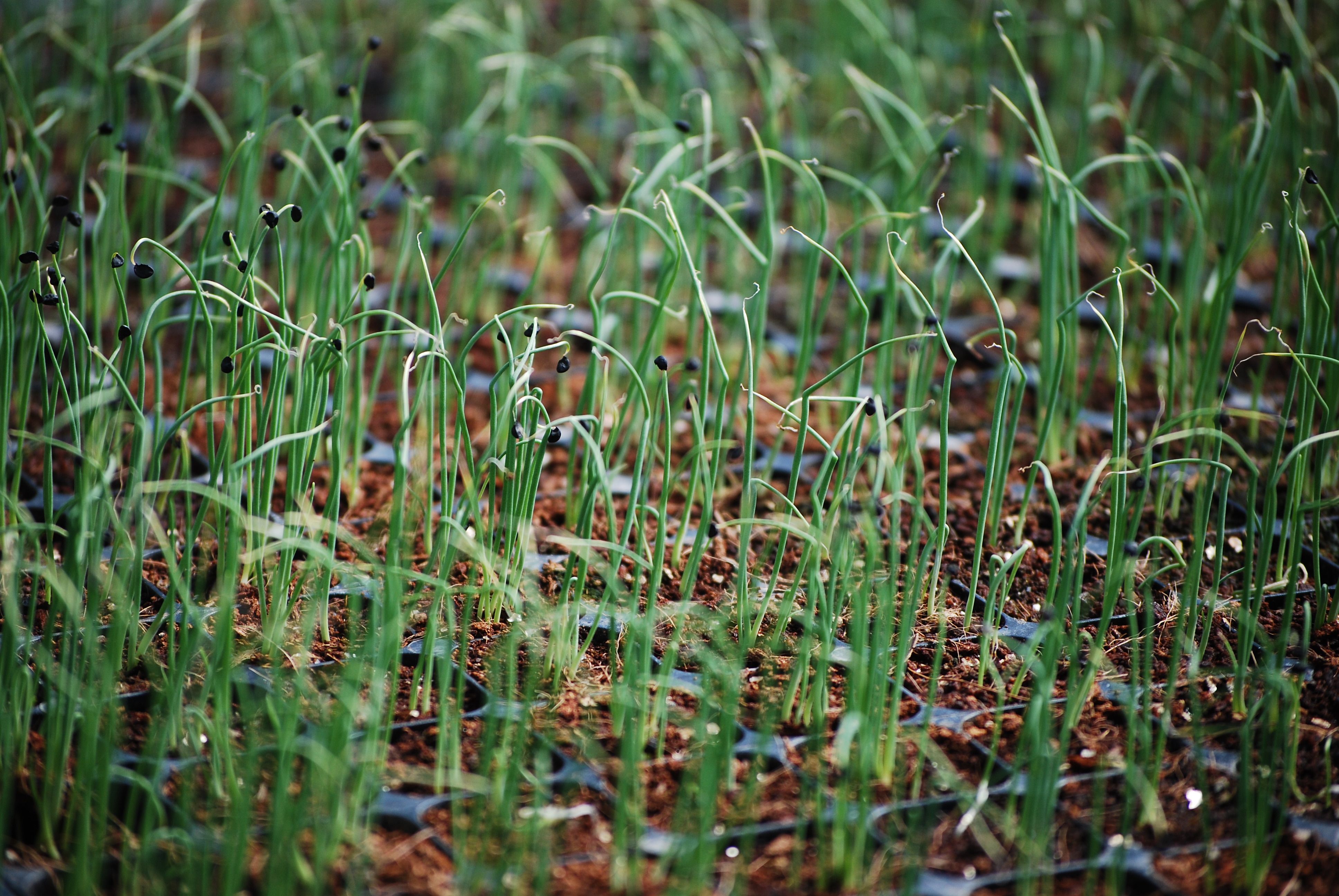
Our Most Popular Boxes
Do we deliver to you?
We deliver to Bristol, Bath, Chew Valley, Weston-Super-Mare, Frome and plenty of places in-between!
The Community Farm
Denny Lane
Chew Magna
Bristol BS40 8SZ
Our Outlets
Saturdays 9am-2pm
The same wonderful, organic produce that goes into our veg boxes is available for sale at The Farm's Veg Shed.
The Community Farm is a not-for-profit organisation, registered with the Financial Conduct Authority as a Community Benefit Society.
Our registration number on the Mutuals Public Register is 31018 R. Our companies Number at Companies House is IP031018
© 2026 The Community Farm

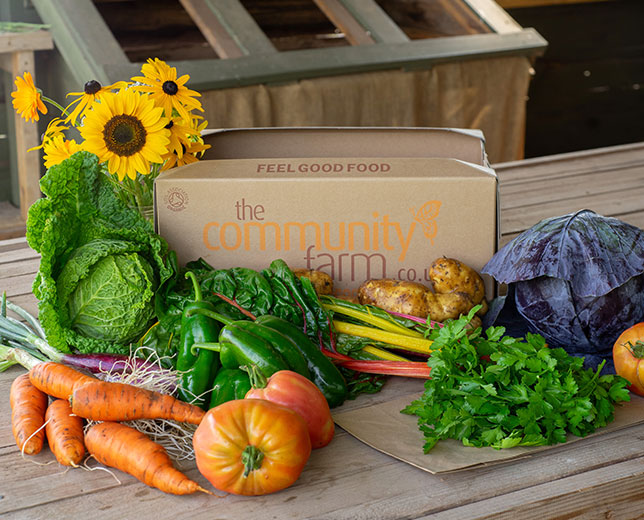
.jpg)
